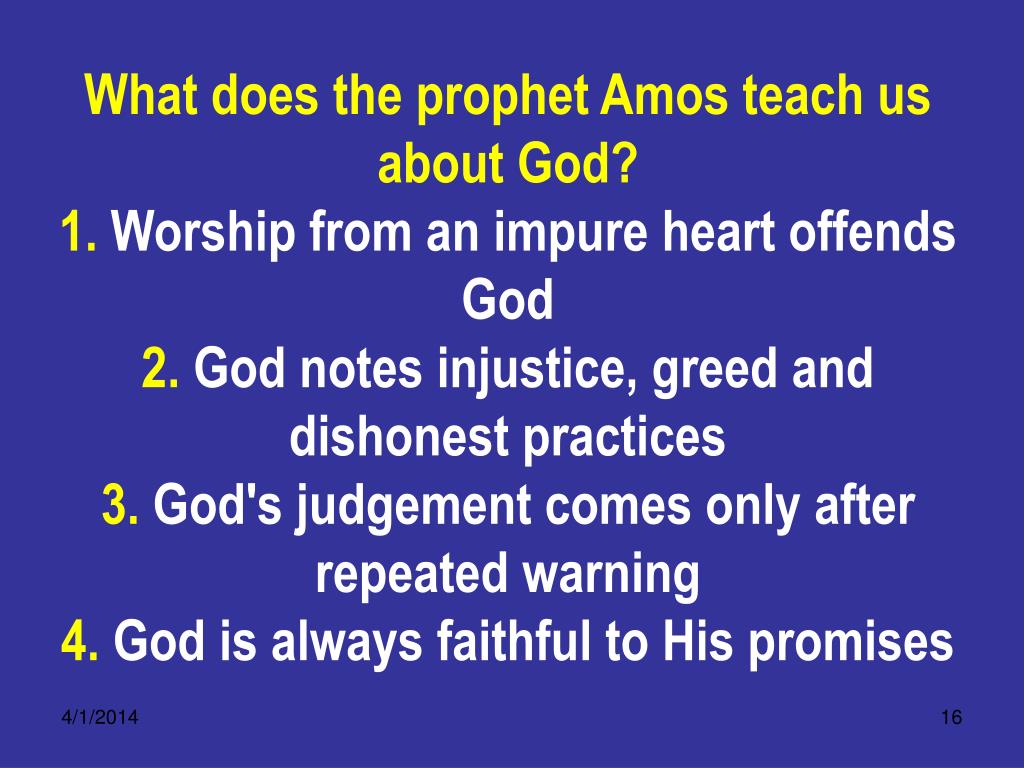The concept of love is often perceived as an abstract ideal, yet throughout the annals of human history, it has manifested as an imperative guiding force within the teachings of various religious prophets. In the Bahá’í Faith, this notion transcends mere sentimentality, evolving into a profound ethical framework that epitomizes the relationship between the Divine and humanity. This article delves into the teachings contained within the Bahá’í Faith, elucidating how the Prophets exemplify divine love and instill its significance in the hearts of their adherents.
Central to the Bahá’í understanding is the idea that love is the primary attribute of God. The infinite essence of the Divine radiates through the teachings of the prophets, serving as a potent example and calling individuals towards a higher state of existence. This perspective is beautifully encapsulated in the assertion that love is the “most great gift” bestowed by God upon humanity. It compels us to explore the myriad ways this divine love is articulated through the lives and messages of these noble figures.
Beginning with a historical context, the Prophets of God—considered manifestations of the Divine—embody various virtues that illustrate the essence of divine love. From Jesus Christ to Muhammad, and most recently to Bahá’u’lláh, these figures serve not only as messengers of God’s will but also as paragons of love in action. They engage humanity through words and deeds, inviting their followers to transform their emotions into actions that reflect compassion, kindness, and understanding.
Perhaps the most compelling observation regarding these divine avatars is their inherent ability to relate to the human experience. Each prophet faced profound challenges and adversities. Their responses to hardship reflect an overarching theme: that love is not merely an internal affair but an outward practice that manifests in service to others. In this sense, one finds that the prophets not only communicated love through teachings but illustrated it through their very lives. Such demonstrations compel individuals to adopt love as a behavioral norm rather than merely a theoretical concept.
Moreover, the teachings of the Bahá’í Faith stress that love should extend beyond personal relationships and encompass all of humanity. This reflects a significant departure from the often tribalistic perspectives found in certain historical religious narratives. Bahá’ís are called to exercise divine love through acts of global citizenship. This notion of universality is core to Bahá’í tenets, urging followers to dismantle biases and prejudices, thereby fostering a world where love transcends cultural and national boundaries.
The ethical implications of this worldview are both profound and challenging. If love is a divine attribute, then its embodiment in daily life becomes an imperative. This love should inspire acts of justice and equity, encouraging individuals to support one another, to uplift the marginalized and oppressed. In Bahá’í writings, it is noted that true love is where the well-being of others is prioritized, aligning with the principle of justice. By acknowledging that every person is a reflection of the Divine, Bahá’ís are urged to cultivate an attitude of love for all humanity, reflecting the essence of their faith.
Interestingly, this theological orientation towards love also underscores the necessity of selfless service to others. Bahá’ís believe that through love, one’s soul is purified and strengthened. By serving others, individuals manifest divine love, cultivating closeness to God. This selflessness does not emerge from obligation; rather, it springs forth from an innate understanding that love is experiential. Practicing love cultivates spiritual growth and a deeper connection with the Divine.
In the Bahá’í narrative, the concept of divine love extends beyond the mere act of loving. It emphasizes the transformative power that love holds for both the giver and the recipient. The teachings highlight that genuine love incites joy and personal evolution. This transformation extends to communities and, by extension, to society as a whole. The worldly implications are profound as communities anchored in love prosper, creating environments that nurture peace and harmony.
Furthermore, the sacred texts of the Bahá’í Faith encourage individuals to reflect on their capacity to love, fostering a culture where introspection and personal development become paramount. This reflective practice allows followers to evaluate their actions against the yardstick of divine love, cultivating an environment rich in empathy and understanding. The spiritual journey is, therefore, one of active engagement, where love serves as the guiding compass.
Despite its challenges, the Bahá’í approach to love offers profound insights into how society can evolve toward inclusivity and understanding. By following the teachings of the prophets, individuals are called to a higher morality that transcends contemporary divisive rhetoric. This becomes increasingly significant in an age characterized by fragmentation, urging a collective effort toward unity through love.
In conclusion, the teachings of the Bahá’í Faith present love not as a passive notion but as a dynamic force capable of catalyzing profound societal change. The prophets serve as divine exemplars, demonstrating love in action and inviting humanity to share in this transformative practice. By embracing such a philosophy, individuals can navigate the complexities of modern existence with compassion, shaping a future anchored in harmony and mutual respect. Ultimately, the divine example of love is not merely to be admired; it must be lived and exemplified in our daily actions and interactions with one another.
